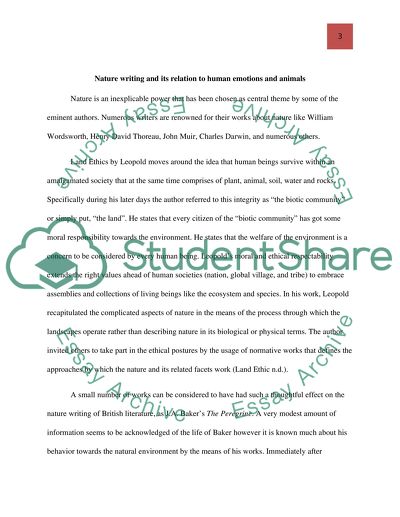Cite this document
(“The Interrelationships Between Animals and Humans in the Nature Research Paper”, n.d.)
The Interrelationships Between Animals and Humans in the Nature Research Paper. Retrieved from https://studentshare.org/literature/1494941-ja-bakeryies-essay-ypbeginningsy
The Interrelationships Between Animals and Humans in the Nature Research Paper. Retrieved from https://studentshare.org/literature/1494941-ja-bakeryies-essay-ypbeginningsy
(The Interrelationships Between Animals and Humans in the Nature Research Paper)
The Interrelationships Between Animals and Humans in the Nature Research Paper. https://studentshare.org/literature/1494941-ja-bakeryies-essay-ypbeginningsy.
The Interrelationships Between Animals and Humans in the Nature Research Paper. https://studentshare.org/literature/1494941-ja-bakeryies-essay-ypbeginningsy.
“The Interrelationships Between Animals and Humans in the Nature Research Paper”, n.d. https://studentshare.org/literature/1494941-ja-bakeryies-essay-ypbeginningsy.


